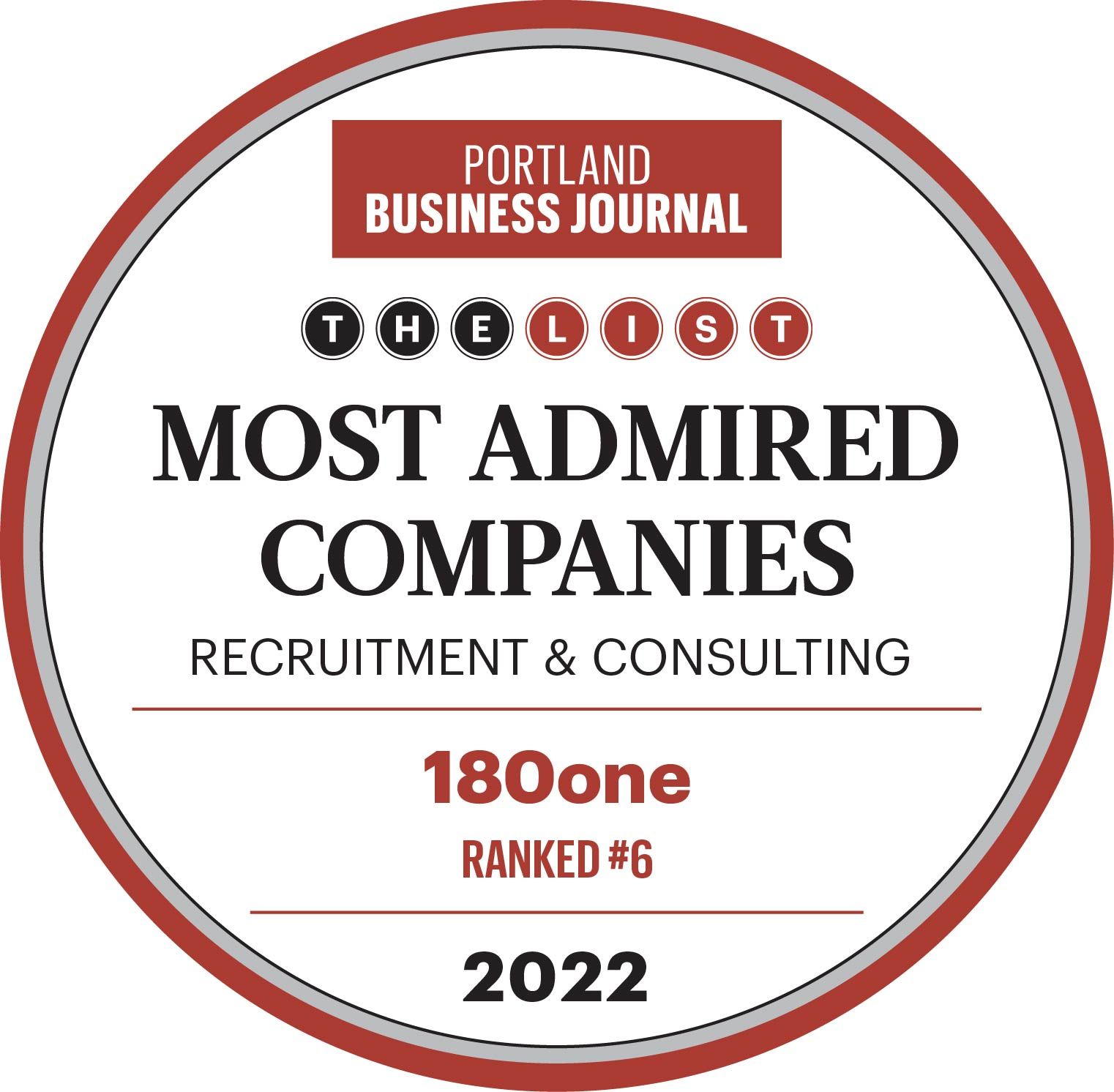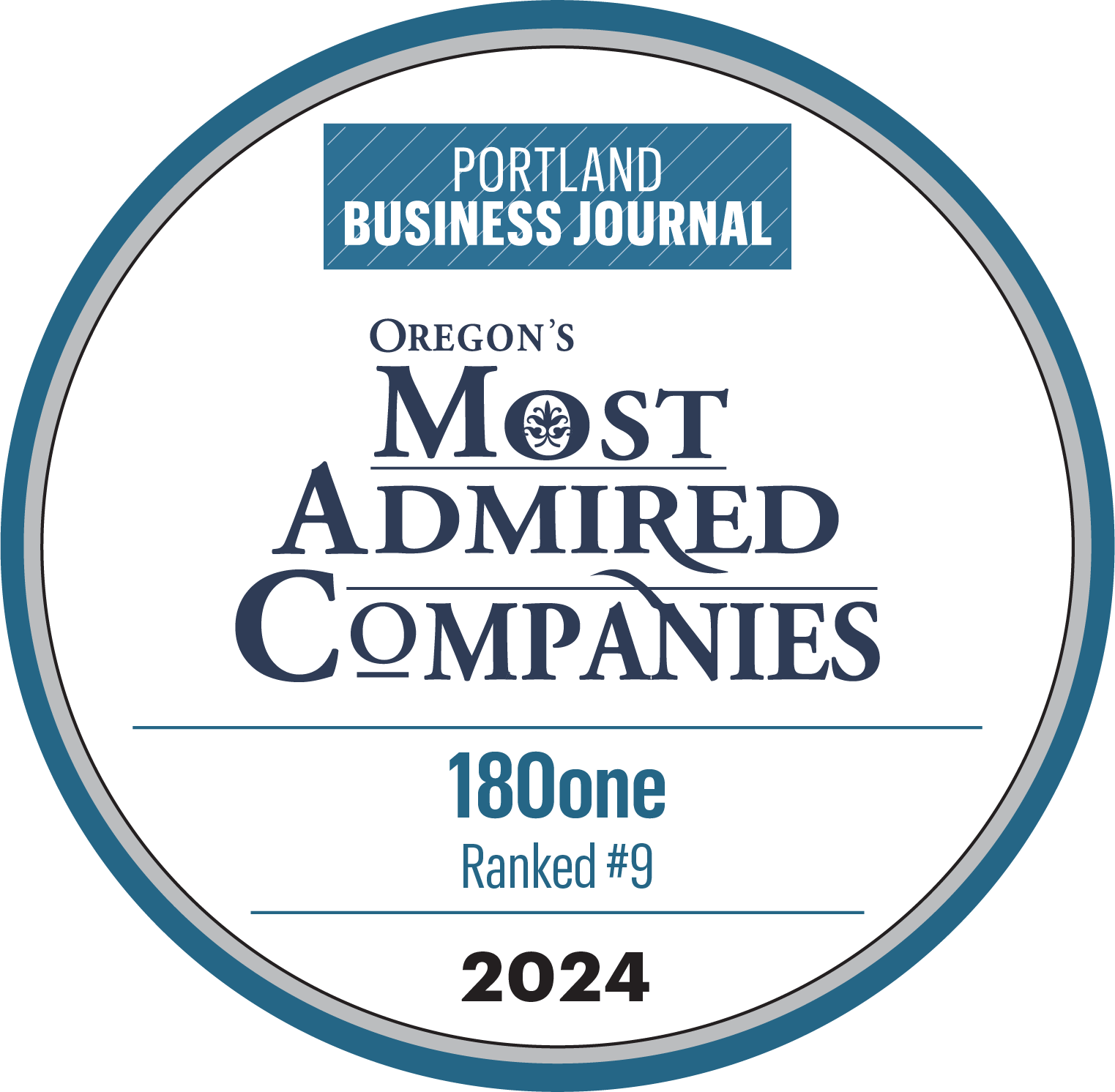Dunking on Convention
How the Youngest Team in the NBA Won a Championship, and What It Teaches Companies About Rethinking Experience.
In one of the most remarkable and inspiring seasons in recent sports history, the youngest team in the NBA defied all odds and clinched the championship title. Even more remarkable was that the Thunder were the youngest No. 1 seed in NBA history. Without the weight of veteran stars or a legacy of experience to lean on, this squad demonstrated that youth, agility, and fearless innovation could overcome the status quo. This isn’t a fluke. It’s the result of a deliberate, long–term vision, drafting and developing young talent, investing in player development, and creating a culture that prizes collaboration and growth over seniority.
Their journey offers more than just a great sports story; it challenges the way companies view experience and value within their teams.
The Traditional View: Experience as a Default Proxy for Value
For decades, most organizations have equated years of experience with effectiveness. When hiring senior leaders, companies often use tenure as a key filter. Promotions frequently go to those who have "put in the time." And while experience certainly brings value - especially in decision-making, risk assessment, and stakeholder management - it should no longer be treated as the only or best predictor of future success.
The Thunder’s 2025 title flipped that thinking on its head. They didn’t win because they had a deep bench of battle-hardened veterans. Their victory reminds us that in fast-moving environments, potential often outperforms pedigree.
The Business Parallel: Rethinking the Experience Premium
In corporate environments, experience has long been equated with value. Resumes laden with years of service and past roles often carry more weight than fresh ideas or untested energy. While experience can bring insight and stability, over-reliance on it can lead to stagnation.
The NBA championship victory of this young team disrupts that thinking. It underscores a powerful idea: in rapidly changing environments, adaptability, curiosity, and the ability to learn fast can be more impactful than tenure.
Companies today operate in a world that’s evolving faster than ever. Technology, consumer behavior, and market dynamics shift constantly. In such a climate, organizations that prize agility and fresh thinking often outperform those clinging to traditional hierarchies and outdated assumptions.
Experience Is Still Valuable- But It’s Not Everything
This isn’t a dismissal of experience. Seasoned professionals bring wisdom, historical context, and leadership that’s often critical. Just as a team might need a veteran presence in the locker room, companies benefit from experienced leaders who can guide and mentor.
Similarly, companies should build environments where experience and youth are complementary, not hierarchical. That means creating mixed-age teams, mentorship programs that go both ways (reverse mentoring), and decision-making processes that value ideas over job titles.
Cultural Transformation Begins at the Top
For this kind of transformation to occur in business, leadership must challenge their own biases. Hiring practices, promotion pathways, and meeting dynamics often default to favoring experience over potential. To change this:
- Redefine Value Metrics: Shift from measuring success solely by tenure or past accomplishments to include adaptability, innovation, and team impact.
- Empower the Young: Give younger employees meaningful projects and leadership opportunities. Let them prove what they can do, not just what they’ve done.
- Encourage Risk-Taking: Just as the young NBA team took bold shots and played an unpredictable game, companies should reward intelligent risk-taking rather than punishing failure.
- Foster Intergenerational Collaboration: Combine the best of both worlds—pair youthful energy with seasoned insight for more balanced, resilient teams.
The Future Belongs to the Fearless
The youngest NBA team’s victory wasn’t just a basketball achievement; it was a cultural statement. It challenged the myth that experience is the ultimate determinant of success and showed the power of trust, teamwork, and youthful fearlessness.
For businesses watching from the sidelines, the lesson is clear: if you want to build a championship organization, don’t just look at the old playbook. Cultivate fresh energy, bold thinking, and dynamic execution that youth can bring. Create space for new voices to rise. Experience will always have its place, but in the new era of work, potential might just be the most valuable asset of all.






